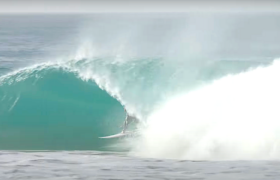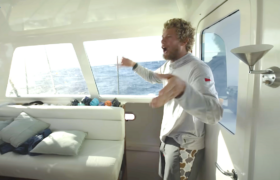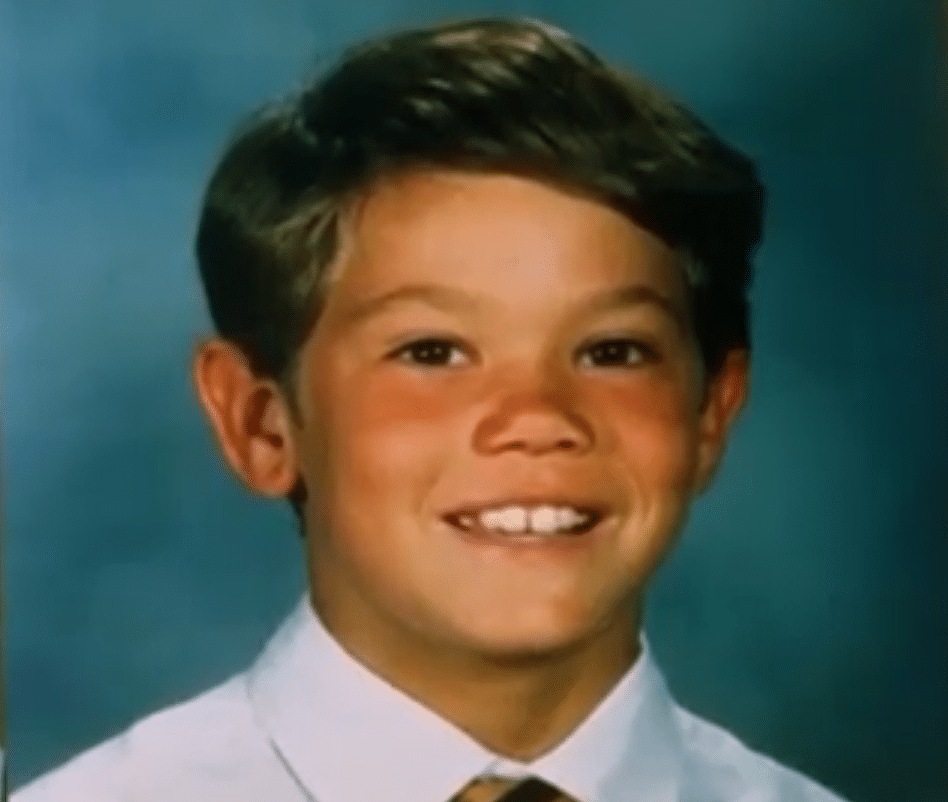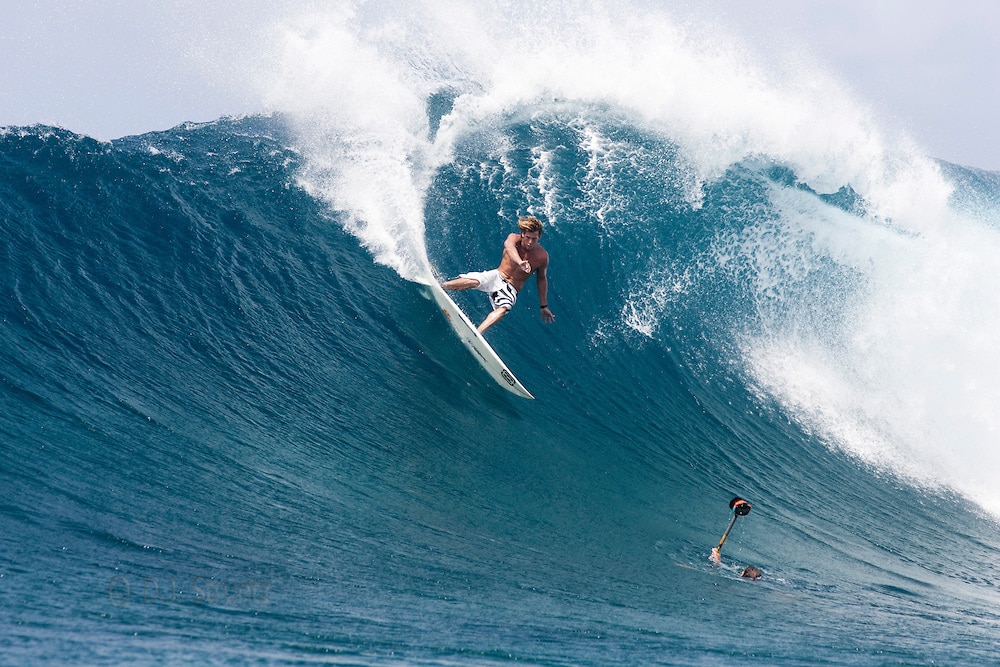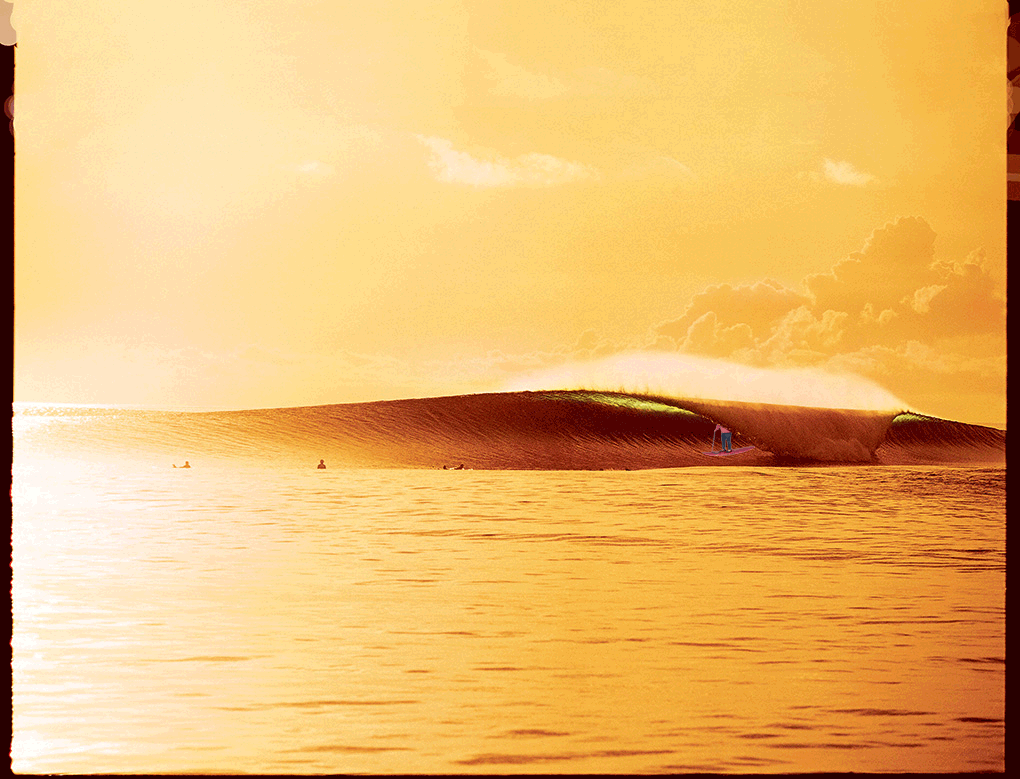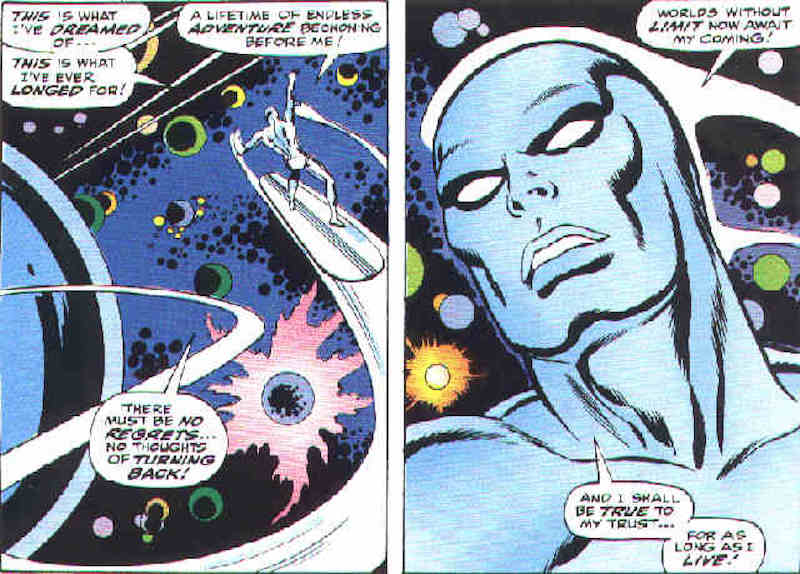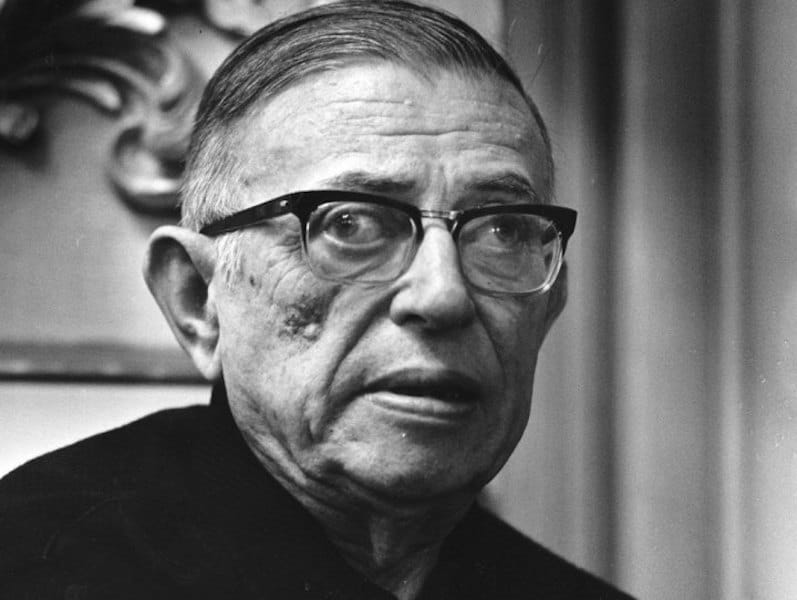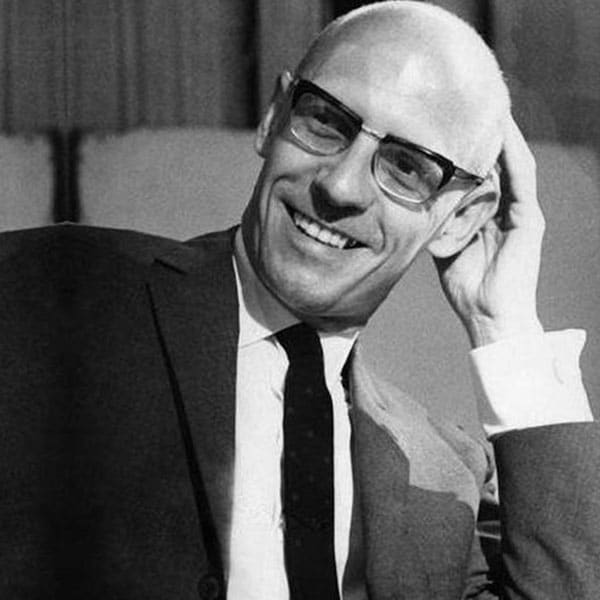Think surfing ain't diverse? Think again!
Surfing has a reputation, I think, for being a very white thing. Oh sure there are Brazilians and Fijians and Hawaiians and Tahitians and Indonesians but the outward facing representation is, more often than not, a blonde boy with blue eyes and pouty lips.
In Southern California, where I live, “ethnic diversity” is not the first thought that pops into my head when I paddle out each and every other day.
And it would be easy to think that surfing here is mostly white but guess what? It isn’t! A new story in LeBron James’s website The Undefeated is titled Black People Don’t Surf? This Org Proves That’s Not True.
Let’s read a few sections!
Four years ago, Detroit native Mimi Miller had never been in the ocean. Now she’s a devoted bodyboarder, surfer and volunteer for the Black Surfers Collective — a group that, according to its mission, raises cultural awareness and promotes diversity in the sport of surfing through community activities, outreach and camaraderie.
On Aug. 12, you could find Miller standing on the shoreline of Los Angeles’ Santa Monica State Beach, clapping and cheering on newcomers who took part in the collective’s monthly free lessons to introduce black people to surfing, called Pan African Beach Days.
Miller and the rest of the collective’s members are part of the proud if lesser-known tradition of black surfing, which some would argue goes back to native Hawaiians (descendants of Polynesians), who are credited with inventing the sport in the first place. Among the legendary surf icons are Montgomery “Buttons” Kaluhiokalani, a black Hawaiian whom Surfer magazine called “the father of modern day surfing.”
L.A. has its own lore, beginning with black surf pioneer Nick Gabaldon, who frequented the Inkwell Beach in Santa Monica in the 1940s, where black beachgoers congregated during segregation. Also, the late Dedon Kamathi, a radio host and onetime Black Panther, was a surfing devotee, as was police abuse victim Rodney King.
Pan African Beach Day was launched a few years ago because too few black people in L.A. get to the beach, and they don’t always have a background in swimming to enjoy the water, Rachal explained. He credited the Surf Bus Foundation, a nonprofit that promotes ocean sports and safety in L.A., for helping make Beach Day a success by supplying the boards, instructing students and providing additional volunteers. Beach Days are open to anyone, although most participants are people of color.
So very wonderful but could we back up just a touch. Rodney King was a surfer?
Mr. King was made famous for getting beaten by a pile of white police officers in 1992. Their subsequent acquittal led to the massive Los Angeles riots. He sued the city of Los Angeles and won 3.8 million dollars which he used to start a record label.
From 1993 on he got busted lots for drunk driving, won some celebrity boxing bouts and appeared on various reality television shows.
In 2012 his body was discovered at the bottom of a swimming pool. Toxicology reports declared a combination of alcohol, marijuana and cocaine contributed to his drowning.
A surfer indeed!
